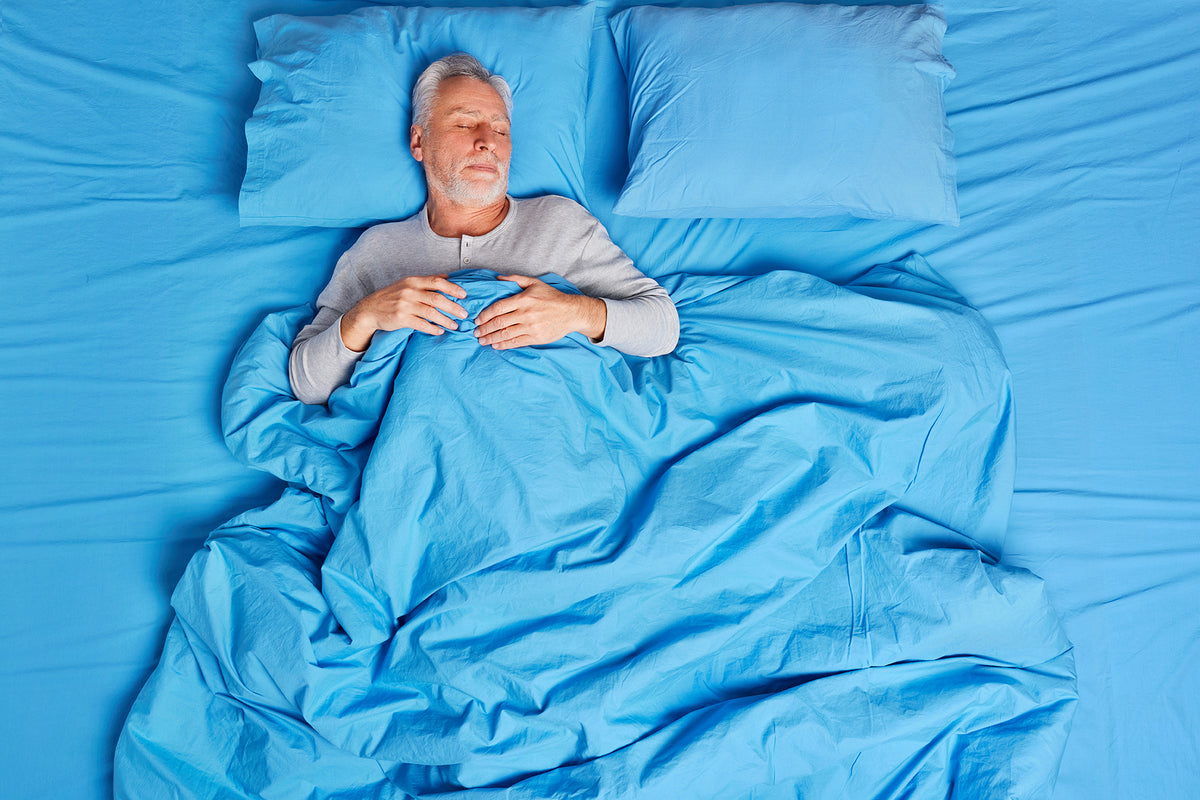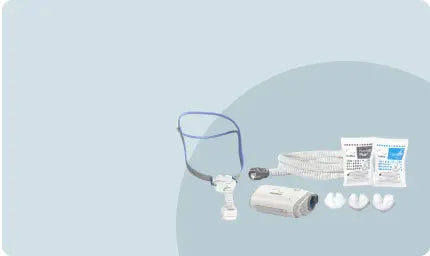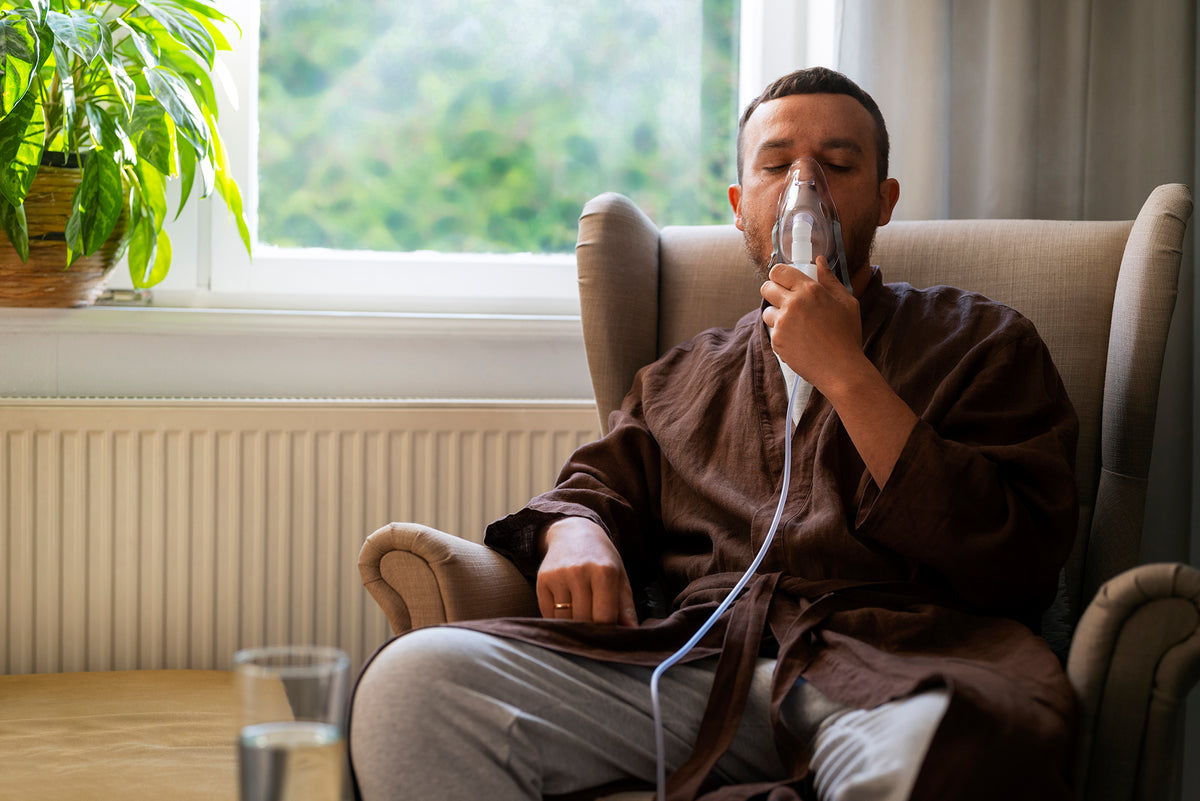Navigating the Night: A Guide for Those Struggling with Sleep Apnea

Sleep apnea, a condition where breathing repeatedly stops and starts during sleep, can be a formidable opponent to a restful night's sleep. If you find yourself grappling with this sleep disorder, you're not alone. This article is crafted to shed light on the challenges of sleep apnea and guide you towards understanding, managing, and finding relief.
Understanding Sleep Apnea:
Sleep apnea comes in different forms, with obstructive sleep apnea (OSA) being the most prevalent. OSA occurs when the muscles at the back of the throat relax excessively, causing an obstruction. Central sleep apnea (CSA) is less common and results from the brain failing to send the correct signals to the muscles that control breathing.
The Impact on Daily Life:
Beyond the restless nights, sleep apnea can significantly impact your waking hours. Fatigue, difficulty concentrating, and irritability are common companions for those dealing with this condition. The consequences extend beyond personal well-being, potentially affecting work performance, relationships, and overall quality of life.
Seeking Professional Guidance:
If you suspect you have sleep apnea, seeking professional guidance is crucial. A sleep study conducted by a qualified sleep specialist can diagnose the condition and determine its severity. From there, a tailored treatment plan can be crafted to address your specific needs.
Treatment Options:
- Continuous Positive Airway Pressure (CPAP): The gold standard in sleep apnea treatment, CPAP involves wearing a mask that delivers a continuous stream of air to keep the airways open.
- Bi-level Positive Airway Pressure (BiPAP): Similar to CPAP but with variable pressure, BiPAP is prescribed for those who may find it challenging to exhale against continuous pressure.
- Lifestyle Modifications: Weight loss, positional therapy, and avoiding alcohol and sedatives can sometimes alleviate sleep apnea symptoms.
- Oral Appliances: Dental devices that reposition the jaw and tongue to keep the airway open may be recommended, especially for those with mild to moderate sleep apnea.
Embracing a Holistic Approach:
While medical interventions are crucial, adopting a holistic approach can enhance your overall well-being. Incorporating healthy sleep hygiene practices, maintaining a regular sleep schedule, and creating a calming bedtime routine can contribute to better sleep.
The Journey to Better Sleep:
The road to better sleep with sleep apnea may have its twists and turns, but it's a journey worth undertaking. With the right support, a commitment to treatment, and a holistic approach, you can navigate the night and reclaim the rejuvenating sleep you deserve.
Sleep apnea is indeed a formidable foe, but it's not one you have to face alone. Reach out to healthcare professionals, embrace treatment options, and make lifestyle adjustments to pave the way for more restful nights. Remember, understanding your sleep apnea is the first step towards conquering it and unlocking a better, more energized version of yourself.






